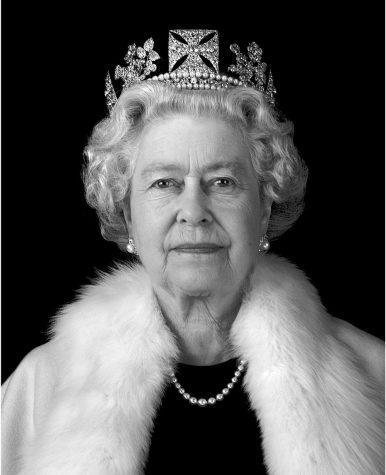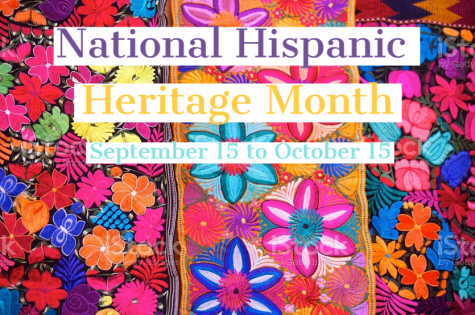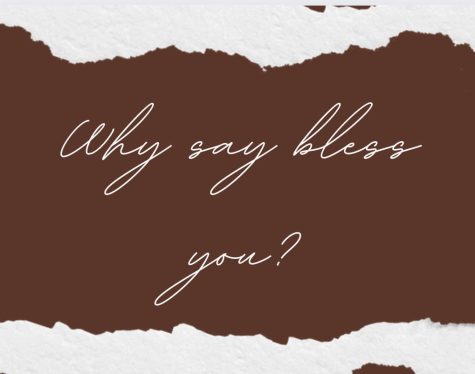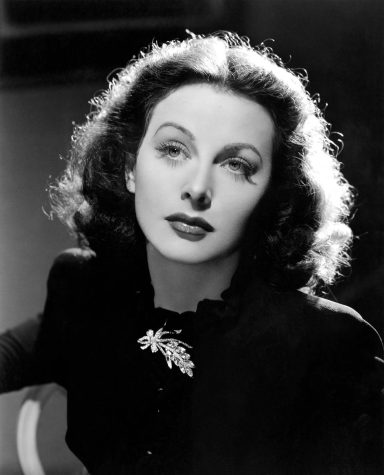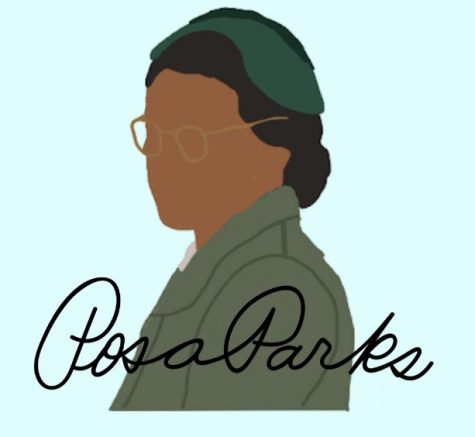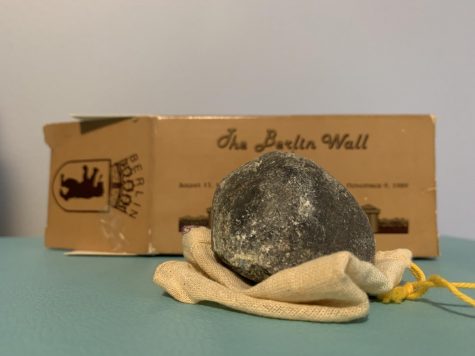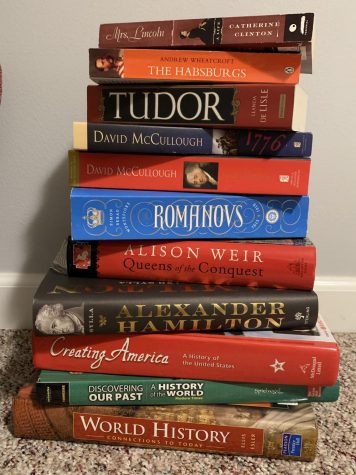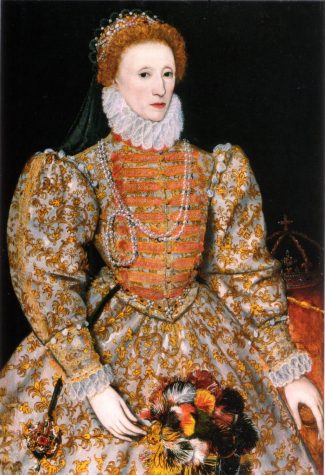The infamous “War of the Worlds” broadcast
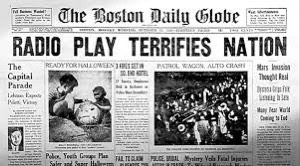
October 21, 2021
On October 30, 1938 aliens from Mars invaded the Earth, or so we thought. A radio broadcast named “War of the Worlds” fooled lots of Americans into thinking that aliens from Mars had invaded the planet and were attacking the Earth.
In the late 1800s, a novel called War of the Worlds was published by H.G. Wells. It was the first novel to portray a conflict between aliens and humans. It has never gone out of popularity and in fact has never gone out of print.
There have been countless adaptations and works inspired by it, but the most notable and influential is the 1938 radio broadcast. Which you can find here
Orson Welles was making a dramatized version of the work with 27 actors and a full orchestra. It was sure to be a hit.
The night of the performance, many Americans were tuning in and out of shows. A popular show had ended and many people tuned into Orson Welles’ show. Unfortunately, they tuned in late and did not hear the disclaimer at the beginning.
The show was very realistic and sounded like a real news broadcast with real reporters, and most importantly, real panic. The show caused listeners to become frantic and call the police which swamped them and caused even more chaos.
Well, that’s what newspapers at the time would want you to think. In actuality, the show most likely didn’t phase many Americans at all. You might ask, “What motive would they have to lie about such a thing?”
Radio was an up and coming technology that allowed listeners to hear news from almost anywhere live. Newspapers, on the other hand, had to receive news, write about it, print the papers, and then distribute them. Newspaper companies rightly feared that this would decrease their sales and eventually take over the news business.
Welle’s broadcast was the perfect opportunity for the newspapers to take their shot at radio. They exaggerated the reaction to the broadcast greatly. Americans were very upset about what had supposedly happened due to the broadcast. People wondered why CBS had allowed such a show to be played over the radio. As a result, radio stations were more careful of what they broadcasted.
In the end you could say that the media’s portrayal of the panic worked. Americans had unfounded worries and anger over the situation. They seemed to distrust radio.
This begs a single question. Could the same thing happen today?





